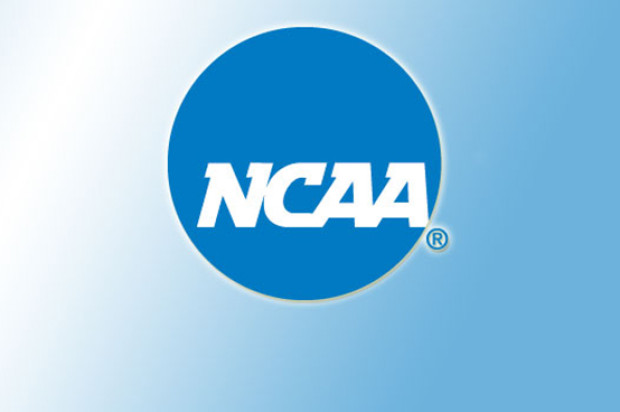
A federal appeals court ruled in San Francisco today that the National Collegiate Athletic Association’s regulations on student compensation are subject to U.S. antitrust law and that some of the limits violate the law.
A three-judge panel of the 9th U.S. Circuit Court of Appeals unanimously said the NCAA’s rules are “subject to antitrust scrutiny” under the federal Sherman Antitrust Act.
“The NCAA is not above the antitrust laws, and courts cannot and must not shy away from requiring the NCAA to play by the Sherman Act’s rules,” Circuit Judge Jay Bybee wrote on behalf of the panel.
“In this case, the NCAA’s rules have been more restrictive than necessary to maintain its tradition of amateurism in support of the college sports market,” Bybee said.
The panel unanimously upheld a section of an injunction in which U.S. District Judge Claudia Wilken of Oakland said after a trial last year that the NCAA must allow colleges to offer top-division basketball and football players scholarships that cover the full cost of attending college, not just tuition and board.
But the judges by a 2-1 vote overturned another part of Wilken’s injunction that would have required the NCAA to permit colleges to offer $5,000 in deferred compensation, to be paid after the students graduated, for use of their images in video games, broadcasts and archival footage.
The court majority said that allowing the additional $5,000 compensation for an item not related to educational expenses would be an unacceptable “quantum leap” that would undermine the concept of amateurism in college sports.
The decision was made in a federal lawsuit filed in 2009 by a group of athletes led by former University of California at Los Angeles basketball star Ed O’Bannon.
In 2013, Wilken certified the lawsuit as a class action on behalf of present and former Division I basketball players and Football Bowl Subdivision (formerly called Division I-A) players.
Both sides claimed a partial victory in the decision.
Michael Hausfeld, a lawyer for the plaintiffs, said “Today is a good day for college athletes in all sports, whether men or women, and reform advocates everywhere.
“The 9th Circuit has affirmed that the NCAA and its member schools are a price-fixing cartel that has long violated the antitrust laws, as evidenced at trial,” Hausfeld said in a statement.
“Judge Wilken’s injunction will produce significant competition among the member schools that will translate into real money for college athletes to put toward the rising educational expenses they face,” he said.
Another lawyer for the athletes, Sathya Gosselin, said the additional expenses that could now be compensated could include costs of transportation, books, supplies and medical treatment and could amount to several thousand dollars.
The decision could be appealed by either side to an 11-judge panel of the 9th Circuit or to the U.S. Supreme Court.
Gosselin said the athletes and their lawyers are reviewing their options and no decision has been made on an appeal.
Indianapolis-based NCAA President Mark Emmert issued a statement saying, “We have not completely reviewed the court’s 73-page decision, but we agree with the court that the injunction allowing students to be paid cash compensation of up to $5,000 per year was erroneous.”
Emmert added, “Since Aug. 1, the NCAA has allowed member schools to provide up to full cost of attendance; however, we disagree that it should be mandated by the courts.”
The court noted in its ruling that while the NCAA voluntarily changed its policy on allowing full compensation of school expenses after the lawsuit was under way, it could reverse that position, whereas the injunction makes the policy mandatory and would not permit the NCAA to revoke it.
Julia Cheever, Bay City News









